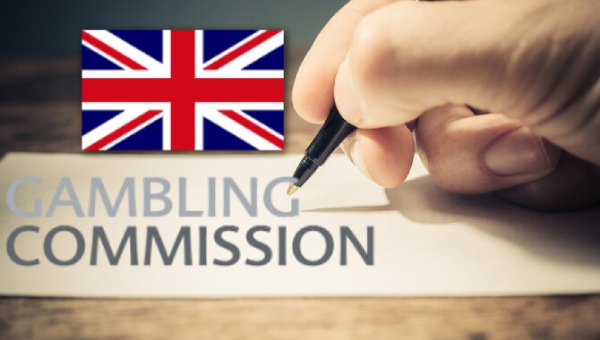Sarah Gardner, Deputy Chief Executive of the UK Gambling Commission, congratulated the impact of social lotteries on local communities during her keynote speech at the 2024 Hospice Lottery Association Conference. Gardner shared the latest insights from the Gambling Survey of Great Britain (GSGB), highlighting the popularity of charity lotteries and discussing the future direction of gambling regulation.
The Social Impact of Charity Lotteries
Gardner praised the social impact of charity lotteries. In the year ending March 2023, large social lotteries raised £421.7 million for charitable causes, a 14.6% increase over pre-pandemic levels. She said, "Your efforts and the benefits you bring to the public year after year should be recognized."
High Participation Rates
Gardner cited data from the UK National Gambling Authority, stating that nearly half of the UK adults (48%) engaged in some form of gambling in the past four weeks. Following the national lottery, charity lotteries were the second most popular, with 16% of participants purchasing tickets. Scratch cards followed closely at 13%. Gardner told the charity lotteries, "The products you offer and the funds you raise for charitable causes are among the most popular forms of gambling across the nation."
Maintaining Public Trust
However, she warned that maintaining public trust is crucial. "Nothing can be taken for granted," Gardner said, urging lottery operators to adhere to the regulatory framework. She assured attendees that the Gambling Commission would continue to adjust its rules to reflect societal changes while closely monitoring illegal lotteries. Gardner revealed that the commission issued 452 stop notices in 2023, targeting illegal online lotteries and social media-based operations.
White Paper and New Regulations
Gardner also discussed the implementation of the long-awaited "Gambling Law Review White Paper," describing it as "profound work" that will shape the future of the industry. One of the main consultations focused on direct marketing, initially considering changes that might affect charity lotteries. However, after receiving feedback from the industry, the commission decided not to include social lotteries in the new direct marketing regulations.
Finally, Gardner reiterated the commission's commitment to collaborating with the lottery industry. "The Gambling Commission is your national regulator. But I hope, from what I've discussed today, you'll agree that this doesn't mean we have to be adversarial," she said. Gardner believes that by adhering to regulations and cooperating with the commission, social lotteries can continue to thrive and provide significant support to communities.










